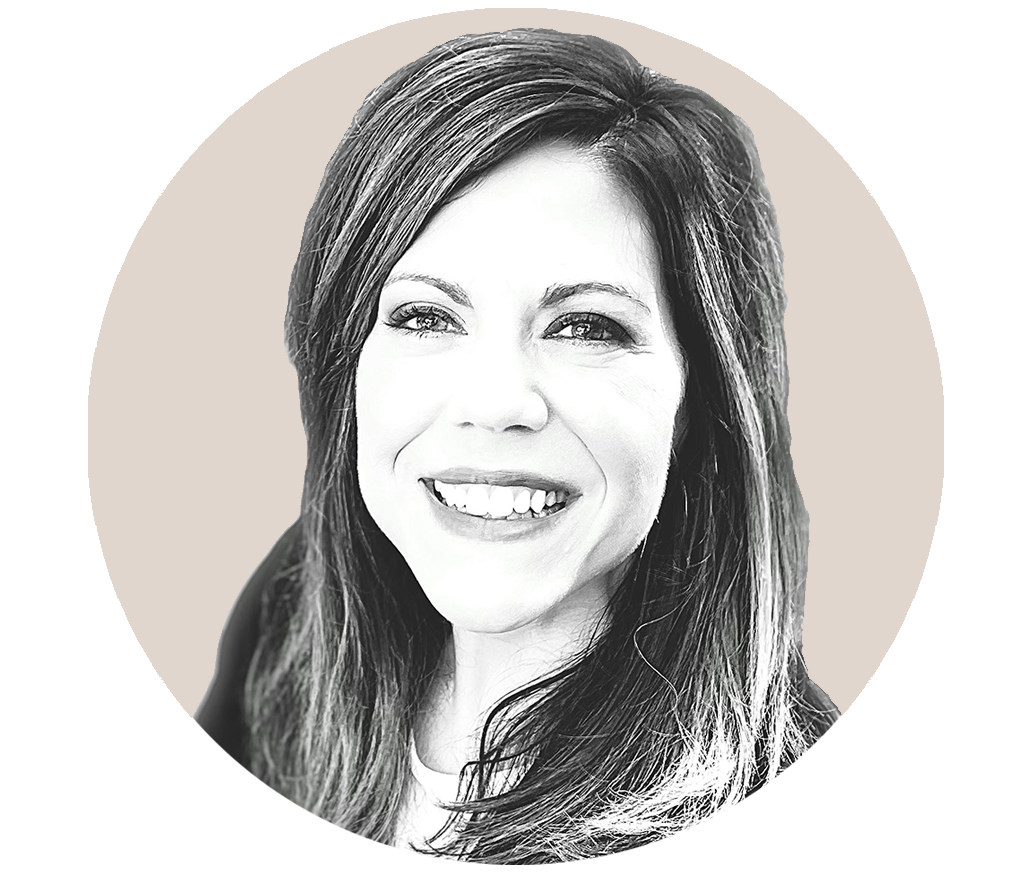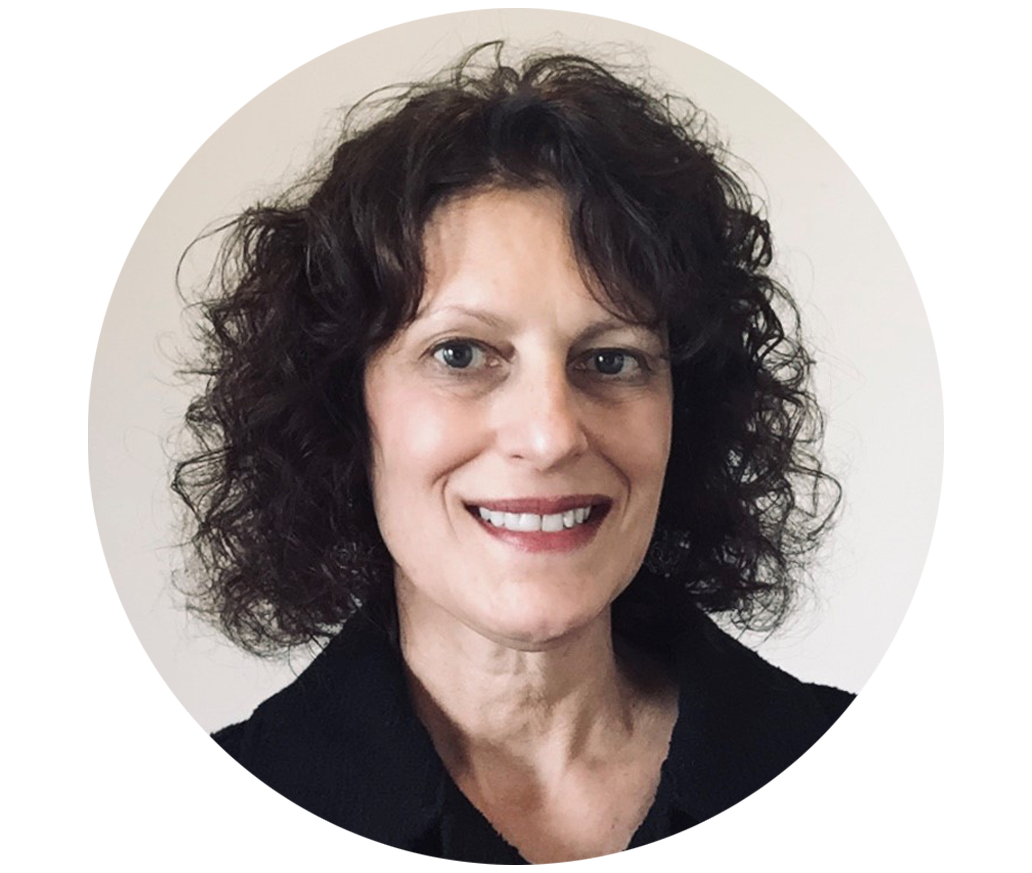Alumni forum: The joy and fear of returning to the office
Alumni forum: The joy and fear of returning to the office
This is the first in a series about returning to the office. Each story will feature the insights of experts within our University of Rochester community.
Three accomplished alumni—Nicole Blake ’00, a human resources executive; Jeanne DiVincenzo ’80, a clinical psychologist and executive coach; and Paola Realpozo ’10S, a long-time telecommuting marketing professional—share their distinctive perspectives and advice about returning to the office after more than a year during which many people worked remotely.
Recently, these alumni–along with event moderator Cassandra Herbert ’95, ’95N–participated in a virtual panel discussion about returning to the office, presented by the University of Rochester’s Women’s Network. Watch a recording of the discussion and gain more of their perspectives.

Nicole Blake ‘00
Director of Corporate Human Resources, Jostens
‘People always come first’
After more than a year at home, people at Jostens, where I’ve worked for a year and a half, are excited to come back to the office where they can interact with their coworkers again. Many of them have told me how much they miss the office cooler conversations—those casual interactions that just don’t happen remotely. Technology is great and it’s worked well for us, but it just doesn’t replace being face-to-face.
All said, there are people who have some hesitancy and fear about returning to the workplace. Some are concerned about being around those who aren’t vaccinated and are worried about potentially bringing the virus back to their children or elderly parents. Others want to continue to work remotely because it simplifies their lives. They’ve adapted to being at home—they don’t have a commute, which, for many, leads to more family time. They can wear whatever they want, and they don’t have to rush out the door in the morning.
At Jostens, and at so many places, our number one concern is our employees. Their health and safety is paramount to us. We follow the CDC’s guidelines and take people’s concerns very seriously. We’ve also responded by offering a hybrid option for employees, giving them the opportunity to work remotely two days each week and, if there are extenuating circumstances, we will do our best to accommodate their needs.
Right now, it’s so important for everyone—managers and employees—to be flexible. We are striving to give our employees the best of both worlds. They can still work from home and they can still have in-person working sessions, go to lunch with a coworker, and do all the things that make this a great place to work.
As an HR professional, so much of what I’ve done in my career is about policy and procedures—but COVID has changed the way we look at everything. COVID hasn’t changed our focus, though—we must always take care of our people to keep them happy, engaged, and productive. If we don’t, we will lose them, and recruiting is such a challenge right now. The word “human” is in “human resources” for a reason, after all. We have to always remember that our people come first
Nicole Blake ’00 is a human resources leader with 20 years of experience in a variety of businesses and industries. She is currently the director of corporate human resources at Jostens, a Minneapolis-based manufacturer of school memorabilia. She received her bachelor’s in religious studies from the University of Rochester and her master’s in human resources and change leadership from the University of St. Thomas in St. Paul, Minnesota.

Jeanne DiVincenzo ‘80
Clinical psychologist, executive coach, and leadership coach
‘We can learn to be resilient’
My clients—both patients and executives—are talking to me a lot right now about transition. They want to know what work and life will be like when they go back to the office. Many feel overwhelmed.
As humans, we just aren’t wired to like uncertainty and COVID was a huge time of uncertainty for all of us. We wondered whether we’d get sick, would our loved ones fall ill, would we be able to get supplies, and more.
Although we are returning to the office, we aren’t going back to how life was. This is a very hard reality for many of us. We’ve gotten into our home routines and now we have to think about child and eldercare, even pet care. We’ll have longer periods of time away from home and we wonder: what will this mean for our quality of life? I hear this often.
For some people, working from home has leveled the playing field. For instance, those with disabilities or who represent a diverse community may not have been under the same scrutiny as they may have been—or fear they will be—in-person. Others are worried about how they’ve physically changed during the pandemic. Will their clothes fit? Will they feel judged?
Many are still concerned about COVID, and now, the Delta variant. They wonder if they should wear a mask or not. If they do, will they be seen as different or on the “outside,” even if they are vaccinated? For those who haven’t been vaccinated, they wonder what it will be like for them. People are concerned about things they’ve never dealt with before.
Of course, there are many people who are excited to go back, but I don’t hear as much about that because people come to me for support. I try to help people by listening to them. I encourage them to try to normalize their situations and remember that they aren’t alone. There’s comfort in that.
I tell people to mentally prepare themselves to go back to the office—to picture what their days will look like and to envision what will likely be different and what will probably be the same. This will help with anxiety.
I am a big proponent of mindfulness-based stress reduction, too. It prompts us to be present, to notice what’s happening inside and around us, and accept our conditions as they are. Meditation gives us a chance to pause and not marinate in worry. Instead, we can note thoughts and feelings and simply come back to the body and the breath. Big breaths tell our brains that we are okay and that we aren’t in danger.
Along with meditation, other calming activities help, too. For instance, make time to exercise, read a book, and get outside. If you can’t step out, just look outside. Try to incorporate self-care into your daily routine and do those things that help you feel alive.
Research underscores how effective this, how it primes us for a better mood and positive feelings rather than negative predictions. Start a positivity or gratitude journal and remember all those things in life that are good and right. And think about what’s happened during COVID that’s positive. For instance, maybe you’ve gotten closer to a parent or you’ve spent time nurturing a favorite hobby.
I let people know that even if we don’t feel resilient, we can learn to be resilient. It’s not necessarily something we have or don’t have, but we can cultivate it. Everyone’s feelings are real, and the hard ones can be overwhelming. Yet, periods of upheaval can lead us to growth. Undeniably, every one of us has grown during the pandemic and persevered through more than we could ever have anticipated.
Jeanne DiVincenzo ’80, Psy.D., is a Philadelphia-area clinical psychologist, executive coach, and leadership consultant. She provides leadership development, team building, and organization consumer in academic medical centers, independent schools, and universities. Her private practice focuses on women’s issues, mood disorders, interpersonal relationships, and trauma. She earned her bachelor’s in psychology from the University of Rochester and her doctorate in clinical psychology from Chestnut Hill College in Philadelphia.

Paola Realpozo ’10S (MBA)
Vice president of marketing, Trapeze Group Americas
‘Be there for someone else’
I’ve been on a fully remote schedule for about six years. I have two boys, 8 and 5 years old, and I remember that when my first son was born, I tried to do it all—take care of a newborn, work from home, travel for my job, do the laundry. It was impossible. I quickly learned that I needed to simplify and focus on one thing at a time. As women, so many of us try to do it all and we can’t.
That’s something that we need to remember right now, as we transition back to the office. Although some people will return five days a week, many others will take on a hybrid schedule, something they didn’t have before the pandemic. For me and the people I work with, it’s important to keep a few things in mind right now.
First, be as transparent as possible. Share your circumstances with your supervisor and colleagues. Of course, don’t broadcast your personal problems, but let people know what you are concerned about. People may be wondering about vaccine requirements. Others might be worried about their children and older parents and what their schedules will look like now that you have returned to the office and may not be as available to them.
Some people may be afraid to be around other people, while others may be so excited because it’s been difficult for them to work at home. Maybe they have a house full of people or they don’t have a dedicated workspace there. Everyone’s issues are different, but perhaps people will find some comfort in knowing that everyone is dealing with something.
Regardless of how many days a week people may be back at the office, they should keep in mind that office life will be different now. There probably won’t be as many people in the office at one time. There may be policies and procedures in place regarding masking and social distances, which we never had to deal with before. Workspaces may look different, too, adjusted to address health and safety concerns. Continue to be flexible and know that things can still change down the line.
I also tell people to never forget their overall health. For me and so many others, exercise is key. Being strong mentally and physically helps us in so many ways. Sometimes, even in Zoom meetings, I tell my team that we all should just stop, stand up, and stretch. I also ask if they’ve been outside yet that day or if they’ve gotten away from their monitors. Moving our bodies will change our moods.
Also, this is an ideal time to focus on empowering others, which is especially important for women. Be encouraging and compassionate and remind others that they aren’t alone. Be there for someone else.
Paola Realpozo ’10S (MBA) is the vice president of marketing for the Trapeze Group Americas, which delivers public transit solutions. Prior to her role, she held marketing and program management roles mainly in the rail, public transit, and motorcoach industries. Realpozo earned a bachelor’s in electronic and communications engineering from the from the Monterrey Institute of Technology (ITESM) in Mexico City, Mexico, and her MBA from the Simon Business School.
Connect with us
Looking for ways to connect with University of Rochester alumnae? Learn more about the University’s Women’s Network and join the conversation on The Meliora Collective. For those looking health and wellness information, get tips and tools from a variety of University experts and others in our community.
— Kristine Thompson, August 2021


